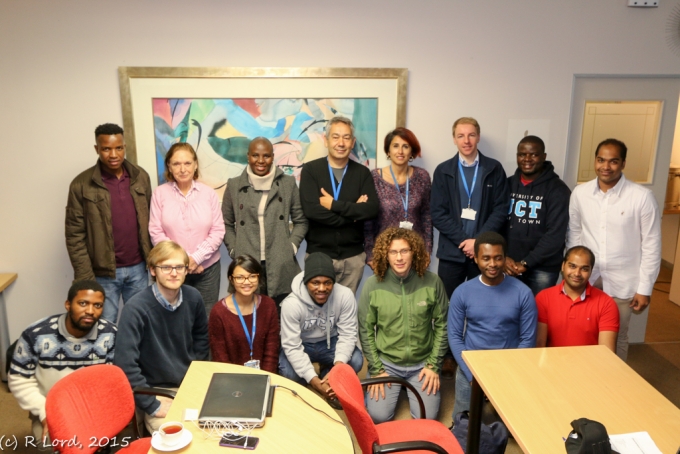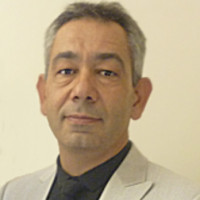
Prof Maria Greco graduated in Electronic Engineering in 1993 and received a Ph.D. degree in Telecommunication Engineering in 1998, from the University of Pisa, Italy.
From December 1997 to May 1998, she joined the Georgia Tech Research Institute, Atlanta, USA as a visiting research scholar, where she carried out research activity in the field of radar detection in a non-Gaussian background.
In 1993, she joined the Department of “Ingegneria dell’Informazione” at the University of Pisa, where she has been an Associate Professor since December 2011.
She has been an IEEE fellow since January 2011 and was the co-recipient of the 2001 IEEE Aerospace and Electronic Systems Society’s Barry Carlton Award for Best Paper, as well as the recipient of the 2008 Fred Nathanson Young Engineer of the Year award for contributions to signal processing, estimation, and detection theory.
She has been general chair, technical chair and technical committee member of many conferences.
She was guest co-editor of the special issue of the Journal of the IEEE Signal Processing Society on Special Topics in Signal Processing on “Adaptive Waveform Design for Agile Sensing and Communication”, published in June 2007.
She was also lead guest editor of the special issue of International Journal of Navigation and Observation on “Modelling and Processing of Radar Signals for Earth Observation”, published in August 2008.
She is the Associate Editor of the IET Proceedings – Sonar, Radar and Navigation, of the IEEE Transactions on Signal Processing, and of the IEEE Aerospace and Electronic Systems Magazine, as well as a member of the Editorial Board of the Journal of Advances in Signal Processing (JASP) and a member of the IEEE Signal Processing Theory and Methods (SPTM) and Signal Array Processing (SAM) Technical Committees. She is also member of the IEEE AESS Radar Panel and of IEEE AESS Board of Governors.
Her general interests are in the areas of statistical signal processing, estimation and detection theory. In particular, her research interests include clutter models, spectral analysis, coherent and incoherent detection in non-Gaussian clutter, CFAR techniques, radar waveform diversity and bistatic/multistatic radars. She co-authored two book chapters, more than 120 journal and conference papers.



